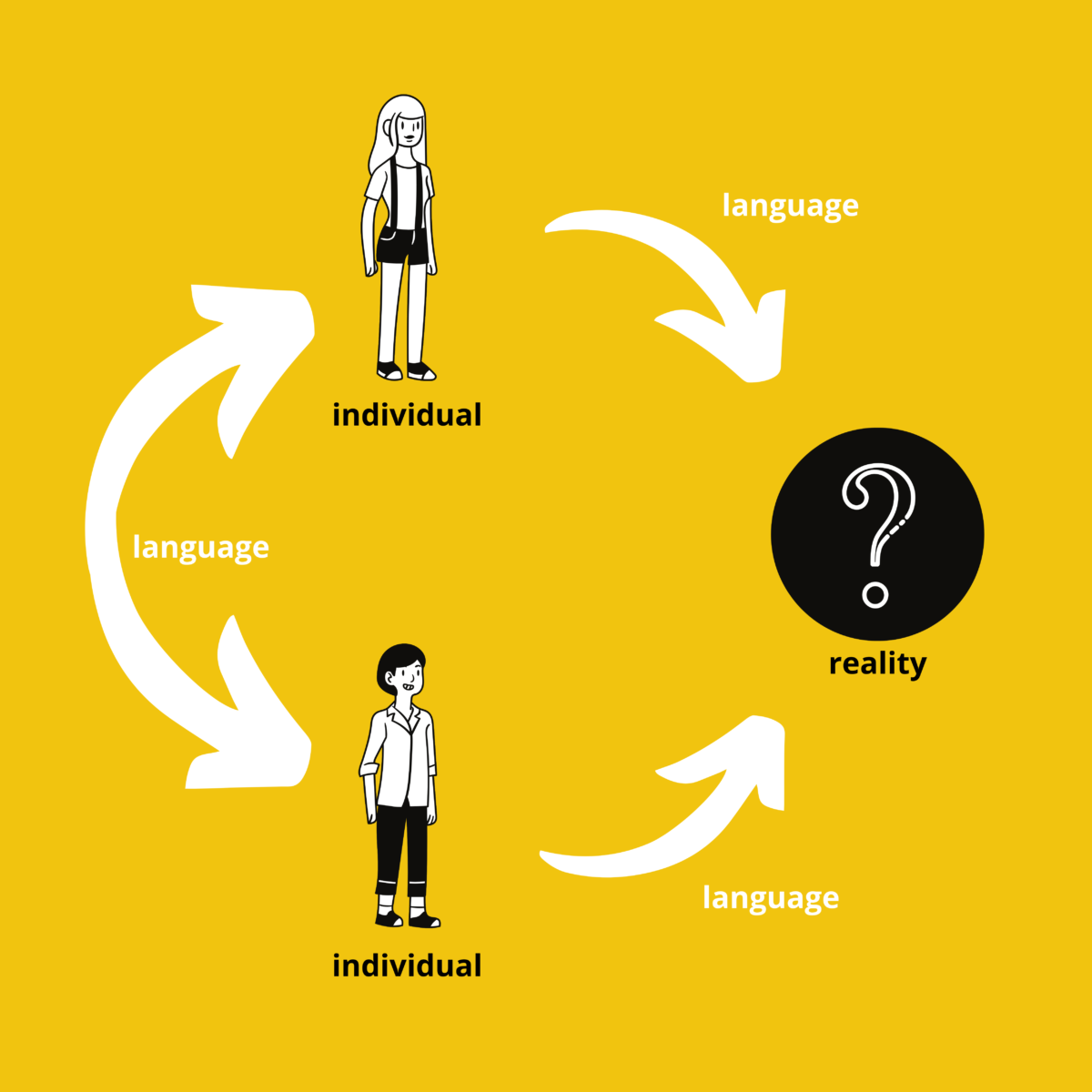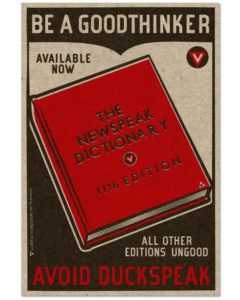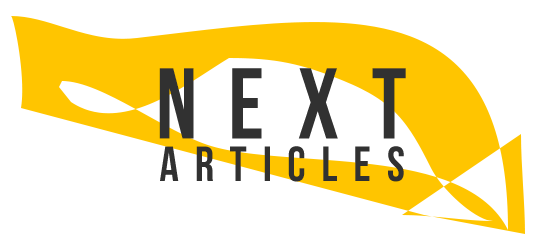What is language, and its hidden value – by Sophie, DNS 2020
Lately, I kept coming across some recurring thoughts about language. These thoughts started as nothing but a mental game, a useless, entertaining dialogue with myself. Soon, though, I had the impression that, from very abstract, they turned out to be quite relevant to real life, to the practical word. Without claiming to say something that has never been said, I thought somebody else might enjoy thinking about them, too.
A catalogue for existence
Imagine you had to make a list, a catalogue, of all that exists. Where would you start?
You would probably look around, and start to name or to write down everything that you see or that comes to your mind. Soon, you would come across some dilemmas, and start to notice that it is not always so easy to establish what exists and what doesn’t. Do feelings exist, since they are not seen in the material world but just experienced internally? Probably yes, you would say. But then, do fictional characters exist, since they are not seen in the material world but just experienced mentally? This is a bit more challenging. Another dilemma: is a chair something that exists on its own? Or is it rather nothing but the sum of the pieces of wood that it is made of? Then maybe we shouldn’t include chairs on our catalogue of all that exists, it is enough to write ‘wood’. But following this line of thoughts, isn’t wood just a sum of molecules, which in turn are just a sum of atoms? Shouldn’t we then just write ‘atoms’ in our list? As you might have observed, the catalogue is very much subject to interpretation: a particle physicist’s catalogue will probably end up looking very different from your very own catalogue.
While attempting to build this inventory for existence, you’ve probably noticed that, before you started facing the dilemmas, you had a confident, instinctive sense of knowing what exists and what doesn’t. That is your common sense, and it is there to help you navigate comfortably through reality, by keeping you from doubting everything. Common sense is built during our childhood together and from our vocabularies: while learning to talk, as children, we automatically also learn about what exists. This is why, for example, we all end up having a concept for ‘hole’ (simply because our language contains the word ‘hole’), even though a hole is an absence of matter, it is by definition something that is not.
Language as a filter between the individual and reality
If you start thinking about it, it is undeniable: our whole perception of reality is structured and organised through language. While trying to make sense of the world around us, our mind scans, analyses and categorises reality by assigning different names to different things: we literally build our worlds out of words. In the same way, we are able to formulate ideas and concepts because we have words for them. Language has an incredible power: it is that through which our individual realities –our instinctive and unconscious catalogues of existence– are shaped, it is the filter between every single human being and the objective, inaccessible world.
Language as a code between people
Not only that: language is also a code with the potential to build thousands of bridges between thousands of separate, unique, individually filtered perceptions and realities. It grants us human beings with the ability to communicate, to exchange ideas and therefore even to understand things that we haven’t directly experienced; ultimately, language is what makes us able to organise ourselves in structured societies.
Basing ourselves on this idea of language, it is possible to find some more practical implications.

In the picture, you can visualise the concept of language as both a filter between the individual and reality, and a code between individuals.
Psychological implications
Since we established that we use language as a tool to make sense of reality, it is easy to see that the way we use language determines the structure of our individual realities and of our whole internal lives. If your ability to formulate thoughts is subject to the words you have for them, then the more words you know the more able you will be to form complex thoughts. Not only this: it is also extremely important to be able to give names to your emotions, in order to recognize them and to deal with them. By naming your emotions you notice them and admit their existence; and ultimately, you surely cannot change something that you don’t even recognise as real.

“Who talks badly thinks badly, and lives badly”; From Palombella Rossa, 1989 movie by Nanni Moretti.
Social implications
If we think of language as both a filter between man and reality and a code between men, then language comes with some social responsibility: in order to live together well, it is important that we make sure that this code is working well, by ensuring that the relation concept-word is the same for everyone. This responsibility demands that each one of us to does his best to understand and to be understood.
How many arguments are caused by misunderstandings, by the incorrect use of words? It is not uncommon to witness two people using the same word for two opposite concepts, then fighting over it even though they really have the same opinion.
Political implications
Imagine what this can mean on a bigger scale. Small, one-to-one relationships are the building blocks of huge, complex societies: you can just guess what these misunderstandings could imply and turn into, in the scale of whole countries and political powers.
Language can also be a form of political control. In George Orwell’s dystopian novel 1984, the Thought Police uses the Newspeak language –a limited, controlled version of English — to control the speech, actions, and thought of the population. If this might seem extreme, it is still undeniable that having a vast language grants a better ability to think critically, therefore a better chance to play your role as an active, politically aware citizen.
In the end, my reflections brought me to formulate an opinion on the topic. I came to the conclusion that the proper use of language should be regarded as both social responsibility and human value; I now also believe that it is absolutely crucial to spread the awareness of the importance of language, and, even more, to spread the understanding of why proper use of language is so relevant. As you may have guessed, that is what I’ve been trying to do by writing this article. I hope you got inspired, or, at least, you enjoyed thinking what I’ve also enjoyed thinking!

Our whole perception of reality is structured and organised through language. While trying to make sense of the world around us, our mind scans, analyses and categorises reality by assigning different names to different things: we literally build our worlds out of words.

In the picture, you can visualise the concept of language as both a filter between the individual and reality, and a code between individuals.

thankyou learn more meta
Thank you!You should get a booking confirmation over email.Meanwhile, feel free to explore our blogThank you!You should get a confirmation over email.Meanwhile, feel free to explore our blog
Winter Concert · January 2025
We are looking for volunteers to help us organise a big music event at the end of January!


